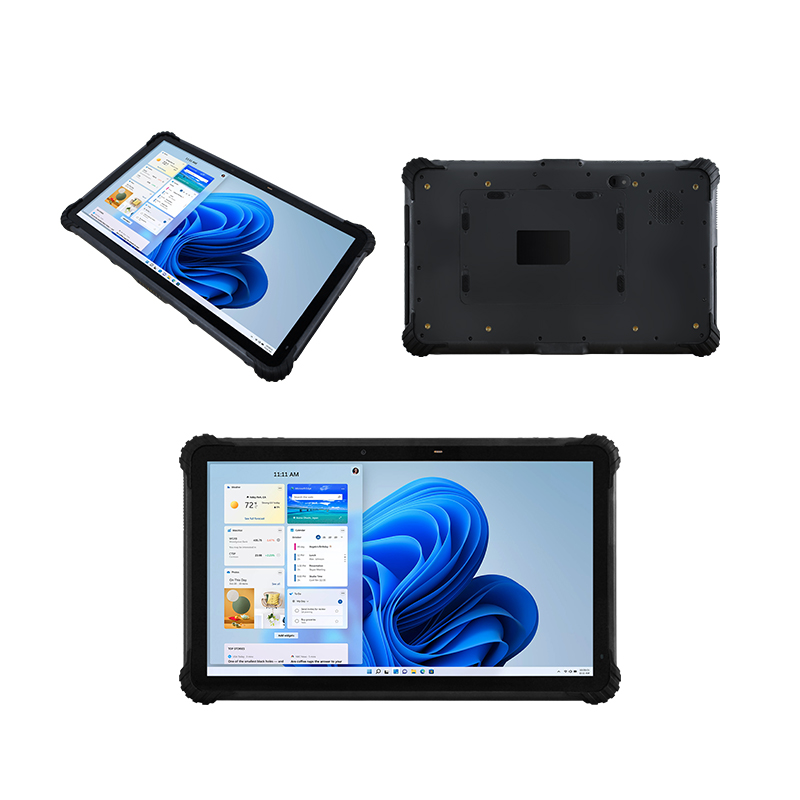Title: Enhancing Rugged Tablets with LoRa Technology: A Game-Changer for Remote Operations
In the rapidly evolving world of industrial technology, the integration of LoRa (Long Range) modules into rugged tablets has emerged as a significant advancement. These robust devices, designed to withstand harsh environments, are now equipped with LoRa technology to extend their operational capabilities, particularly in remote and challenging settings.
The Essence of LoRa Technology
LoRa, short for Long Range communication, is a wireless modulation technique designed to enable long-distance data transmission with low power consumption. This technology operates in the unlicensed radio frequency spectrum, making it an economical choice for industrial applications. The primary advantage of LoRa lies in its ability to transmit data over long distances, often up to several kilometers, even in urban environments where traditional wireless communication might falter. so the rugged tablet is very good for this industrial.
LoRa in Rugged Tablets: A Perfect Match
Rugged tablets are engineered to endure extreme conditions such as drops, shocks, and exposure to water and dust. By incorporating LoRa modules, these devices become even more versatile, offering enhanced connectivity in areas where cellular networks are unreliable or nonexistent. This integration is particularly beneficial for industries like mining, agriculture, and logistics, where remote monitoring and real-time data collection are crucial.

Key Benefits of LoRa Modules in Rugged Tablets
-
Extended Range: LoRa’s long-range capabilities allow rugged tablets to communicate effectively over vast distances, reducing the need for costly infrastructure and ensuring continuous connectivity.
-
Low Power Consumption: The energy-efficient nature of LoRa means that rugged tablets can operate for extended periods on a single battery charge, making them ideal for off-grid applications.
-
Robust Connectivity: In environments where traditional Wi-Fi and cellular networks struggle, LoRa provides a reliable alternative, ensuring that critical data is transmitted accurately and promptly.
-
Scalability: LoRa networks can easily scale to accommodate growing numbers of devices, making it suitable for expanding operations without significant network overhauls.
Real-World Applications
- Agriculture: Farmers can use rugged tablets with LoRa modules to monitor soil conditions, weather patterns, and crop health remotely, enabling precision agriculture practices.
- Mining: In underground mining operations, LoRa-enabled tablets help in tracking equipment, monitoring environmental conditions, and ensuring worker safety.
- Logistics: Real-time tracking of shipments and assets becomes more reliable with LoRa, reducing downtime and improving overall logistics efficiency.
Conclusion
The integration of LoRa modules into rugged tablets represents a significant leap forward in remote connectivity solutions. By leveraging LoRa’s long-range and low-power capabilities, industries can enhance their operational efficiency, reduce costs, and improve safety in the most challenging environments. As technology continues to evolve, the role of LoRa in rugged tablets is set to expand, driving innovation across various sectors.



